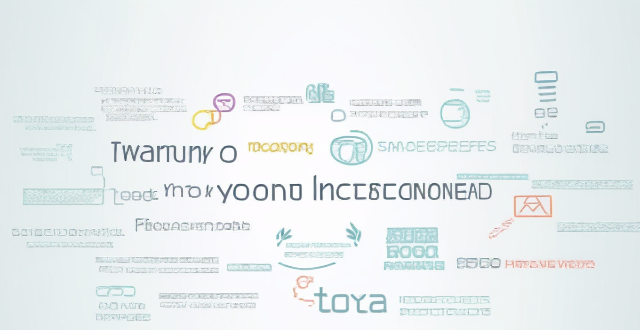In today's digital age, protecting your personal information online is crucial. To safeguard sensitive data, one should use strong and unique passwords, keep software and systems up-to-date, be careful with public Wi-Fi networks, be wary of phishing attacks, and limit the amount of personal information shared online. These steps can significantly reduce the risk of having personal information compromised online.

How to Protect Your Personal Information Online
In today's digital age, protecting your personal information online is crucial. Here are some tips on how you can safeguard your sensitive data:
Use Strong and Unique Passwords
- Create complex passwords: Use a combination of uppercase and lowercase letters, numbers, and symbols.
- Avoid reusing passwords: Don't use the same password for multiple accounts. If one account gets compromised, all others are at risk.
- Consider using a password manager: It helps generate and store strong passwords for you.
Keep Software and Systems Up-to-date
- Regularly update software: Make sure your operating system, web browser, and other applications are up-to-date with the latest security patches.
- Use antivirus software: Install reliable antivirus software and keep it updated to detect and remove malware.
Be Careful with Public Wi-Fi Networks
- Avoid accessing sensitive information: Don't log in to financial or health care accounts while connected to public Wi-Fi networks.
- Use a virtual private network (VPN): A VPN encrypts your internet connection, making it harder for hackers to intercept your data.
Be Wary of Phishing Attacks
- Don't click on suspicious links: Hover over links before clicking to see if the URL looks legitimate.
- Verify senders' identities: Check the email address and domain name of the sender to ensure they match the company or individual sending the message.
- Report phishing attempts: If you receive a suspicious email, report it to the appropriate authorities such as your email provider or the Federal Trade Commission (FTC).
Limit the Amount of Personal Information You Share Online
- Think before sharing: Consider whether the information you're about to share is necessary or could potentially harm you in any way.
- Adjust privacy settings: Review the privacy settings on social media platforms and limit who can see your posts and personal information.
- Be cautious when filling out forms: Only provide necessary information when filling out online forms and avoid providing unnecessary personal details.
By following these steps, you can significantly reduce the risk of having your personal information compromised online. Remember, staying vigilant and proactive is key to protecting yourself in the digital world.